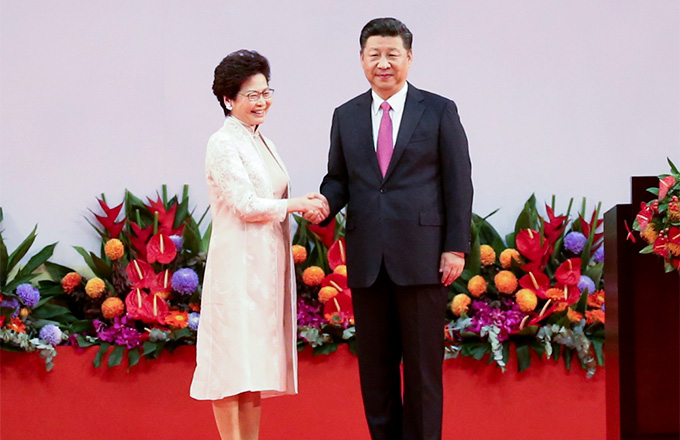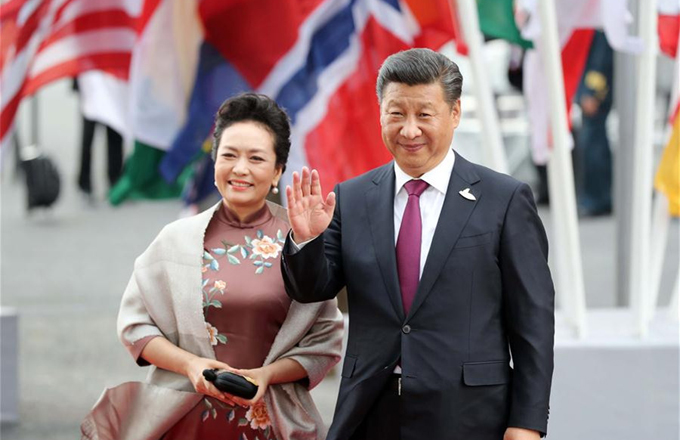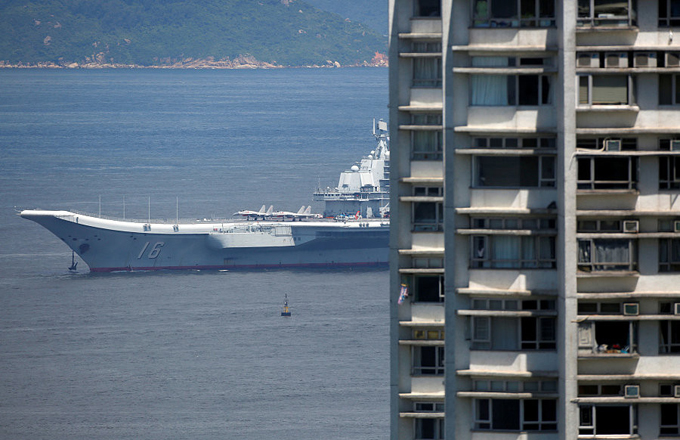Mainland, Taiwan sign service trade pact
SHANGHAI - Negotiators from Chinese mainland and Taiwan signed here Friday a service trade agreement, which is expected to further strengthen cross-Straits economic ties.
The agreement was inked between the Association for Relations Across the Taiwan Straits (ARATS) and the Straits Exchange Foundation(SEF). The ARATS and SEF are respectively authorized by the mainland and Taiwan to handle cross-Straits affairs.
Given the volatility and challenges in the global economy and market, as well as the complementary advantages of the service industries owned by both sides across the Taiwan Straits, respectively, signing the service trade agreement is imperative, Chen Deming, the mainland's chief negotiator on cross-Strait ties, told his Taiwan counterpart Lin Join-sane.
Lin, chairman of the Taiwan-based Straits Exchange Foundation (SEF), said the service trade agreement will optimize the investment and trade environment in both Taiwan and the Chinese mainland.
He said it will also liberalize the economy and facilitate the two sides' economic integration with other economies, both individually and jointly.
The service trade agreement is one of the follow-up agreements to the Economic Cooperation Framework Agreement (ECFA), a more comprehensive cross-Straits economic pact signed in 2010. The ECFA aims to reduce tariffs and commercial barriers between the Chinese mainland and Taiwan.
It was the first time for Chen and Lin to sit down at a negotiating table since taking office as the chief negotiators on cross-Straits affairs. Chen became president of ARATS in April 2013, and Lin was elected SEF chairman in September 2012.
Founded in 1991 and 1990, respectively, the ARATS and SEF are authorized by the mainland and Taiwan to handle cross-Straits affairs.
Friday marks the ninth round of talks between the two sides since the SEF and ARATS resumed talks in June 2008 after a nine-year suspension.
The service sector, or tertiary sector, is often the largest sector of the economy in industrial nations and has become an robust engine for global economic growth currently.
The service output accounted for 47.8 percent of the Chinese mainland's GDP in the first quarter this year, overtaking the manufacturing, or secondary sector, which accounted for 45 percent of its GDP.
Currently, the output of service sector accounted for more than 70 percent of Taiwan's GDP.




















